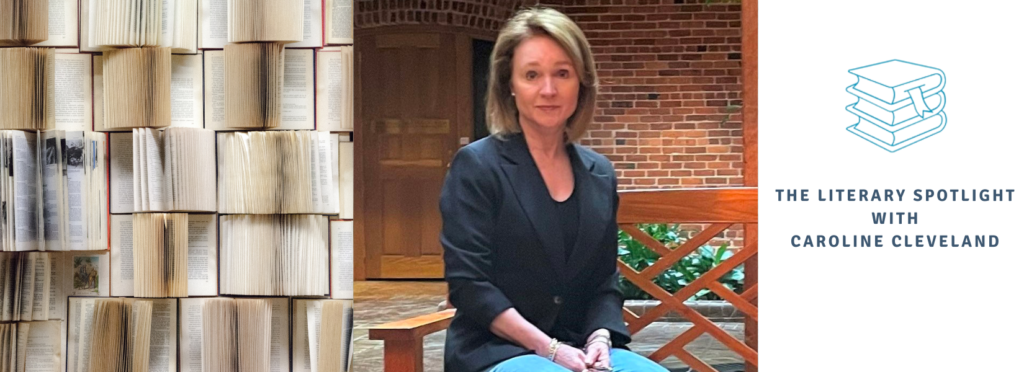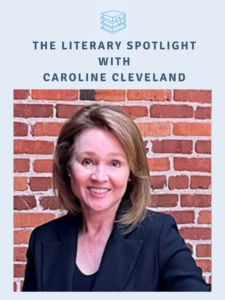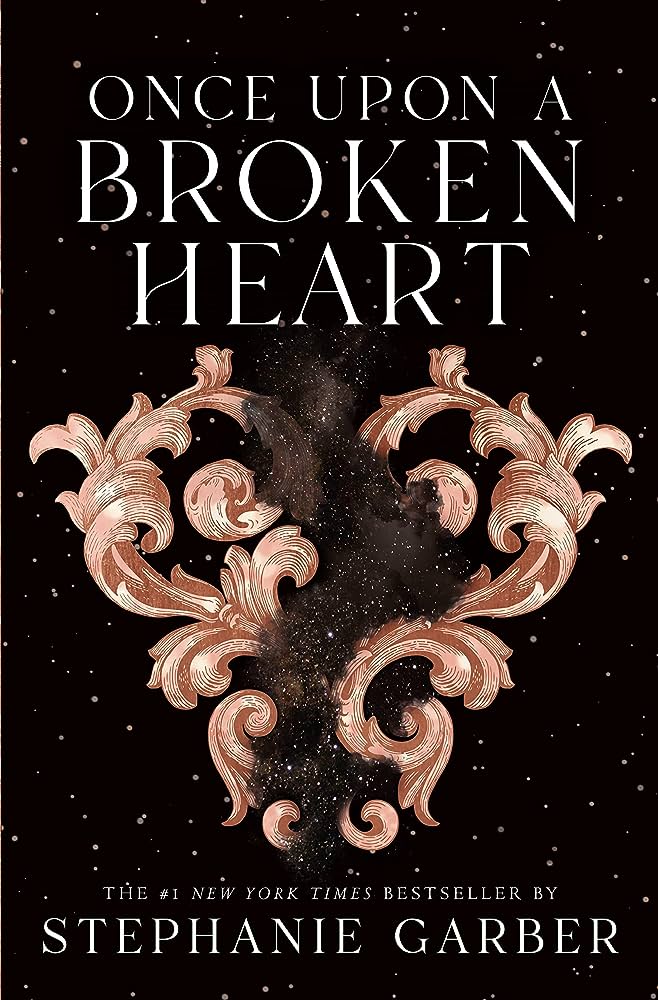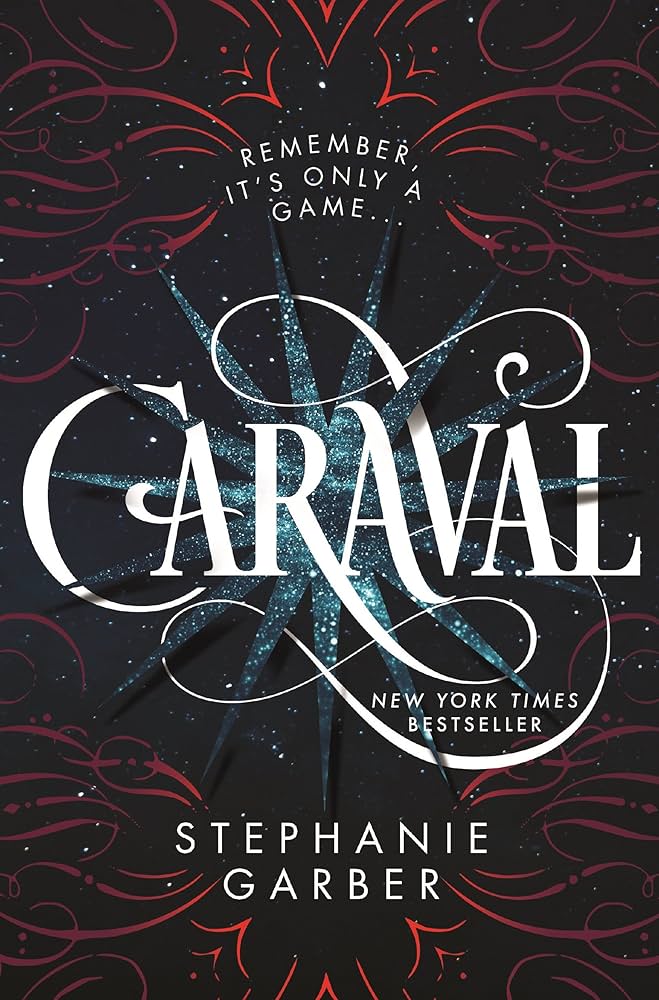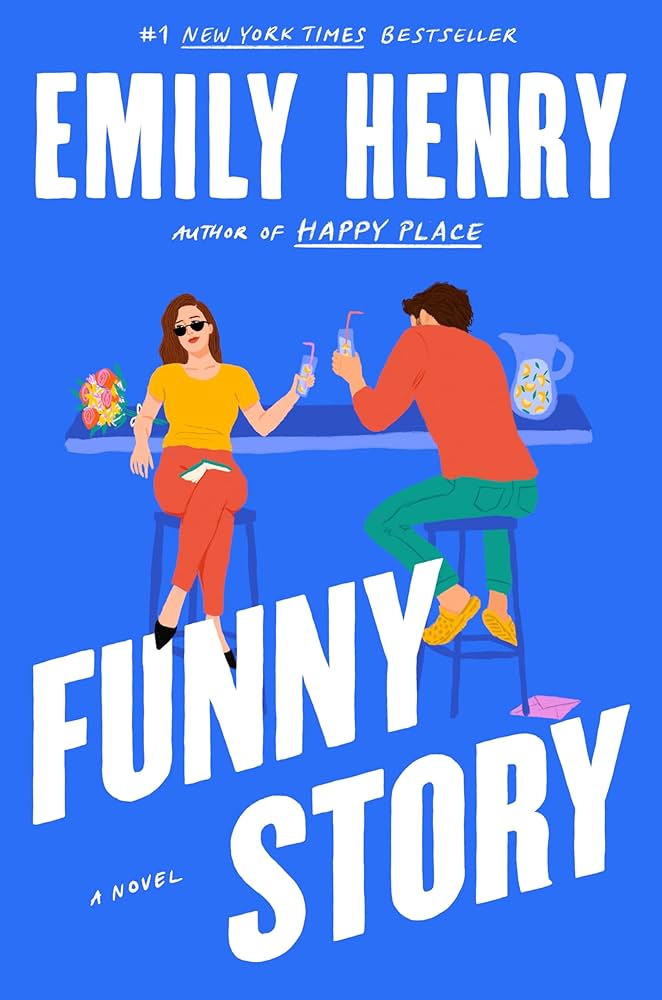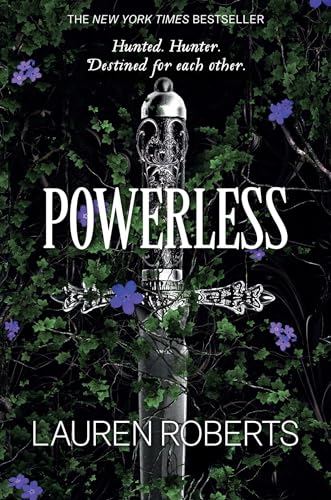Author Interview: The Literary Spotlight with Author Caroline Cleveland
Creative Process:
Cyra: Could you share a glimpse into your creative process? How do you approach developing ideas and turning them into stories? Do you have any specific rituals or habits that help you get into the writing zone?
Caroline: I wish I knew! My stories and characters come to me in as many different ways as there are stories and characters. Some appear all at once, demanding to be written into life, and others materialize gradually and come to me in bits and pieces.
No, it is very random for me. It often happens at the least opportune time – when I am supposed to be doing something else. I try to jot down quick notes so that I have a good starting point when I do have time to sit down at the computer. Whenever I have time that my mind can wander a bit – in the shower, eating lunch, working out – I try to piece together parts of the story in my mind. Again, this helps to prime the pump and prevent writers block from eating into whatever time I can find to do more organized writing.
I didn’t need to research Walterboro – I grew up there. I chose that as my setting because I know what it looks like now and in the early eighties when part of my story takes place. I knew what the young people in the cold case part of the novel were doing because I was once there doing it too.
Writing Influences:
Cyra: Who are some of your favorite authors or literary influences, and how have they shaped your own writing style? Are there any books or works that have had a profound impact on your writing career?
Caroline: John Grisham and Steven King were probably the earliest big influences for me. As a teenager, I would scour the public library shelves and thrift shops like a little stalker looking for anything they’d written. Although their works are very different, the traits they have in common include great detail in framing their characters, and a strong sense of place. I like
that they both place an emphasis on the never-ending battle of good versus evil. I’m sure I don’t live up to their writing standards (yet), but those are certainly things I’m aiming for when I write.
I cannot really claim to have a writing career yet – When Cicadas Cry is my first published novel. But this first novel was highly influenced by Grisham’s A Time to Kill and Harper Lee’s To Kill a Mockingbird. I like to think of it as something of a modern-day cousin to those stories.
Overcoming Challenges:
Cyra: What challenges have you faced as a writer, and how did you overcome them? How do you handle writer’s block or periods of self-doubt?
Caroline: Without a doubt, time is my biggest challenge. I practice law full-time, and that takes a lot of concentration and focus. Clients need me when they need me, not just when I want to fit them in, and it also requires time spent keeping up with new case law and with state and federal statutory requirements. Sometimes there is not much left over. The trick is usually just
basic time management skills.
One of the best tools I’ve found to overcome the challenge is to give myself detailed goals for the next time I sit down to write – and stick to them. I also keep little notes and ideas, so I don’t waste valuable writing time waiting to think of a good idea. It helps that I LOVE writing. We humans have a funny way of finding time for what we want to, don’t we?
Character Development:
Cyra: How do you approach developing compelling and relatable characters in your stories? Are there any strategies or exercises you use to ensure your characters feel authentic and three-dimensional?
Caroline: To be believable, characters need to have the same kind of problems and face the same challenges we face in real life. And they need to have both strengths and weaknesses. I write a lot of backstory on each character. Most of it never makes it into my book, but it helps give me insight into who the character is and what influences his choices. This keeps a character’s actions consistent in various scenarios during the story.
From the beginning, I envisioned Zach and Addie as characters who would appear again in later books. One of the biggest challenges that creates is that I have to be able to live with whatever I write into their characters now, because they cannot change who they are in later stories. There is a delicate balance between making them morally sound enough for readers to want to follow them and giving them enough flaws to make them interesting..
Creative Inspiration:
Cyra: Where do you find inspiration for your stories? Are there any specific themes or topics you enjoy exploring in your writing?
Caroline: When I first came up with premise for this story, I knew that race discrimination would be an issue, but I did not initially plan for that to be such a primary focus of the novel. While I was working on the manuscript, the Lowcountry community was rocked to its core by both the police shooting of Walter Scott, an unarmed Black suspect, and the brutal massacre of nine Black parishioners at Mother Emmanuel AME Church by a white supremacist.
Both crimes happened in Charleston, and they came to a head with both trials taking place in December 2016: the former police officer being tried for murder in state court while Dylann Roof was tried just across the street in the federal court under a federal hate crime statute.
I have practiced in both of those courts, I and knew some of the lawyers and experts involved. I also live only a few blocks away from Mother Emmanuel AME Church. It is difficult to describe how “big” this was, and what an impact it had on our community. It dawned on me that my characters, who also were in the Lowcountry in this same time period, would be impacted as well, and it began to layer itself in as I wrote.
I never set out to write a book so focused on an important social issue. My only goal was to write a clever mystery (and I think I did). Somewhere along the way, my characters decided they had something more important to say.
Editing and Revision:
Cyra: How important do you think the editing and revision process is for a writer? Could you share your approach to editing your own work? Do you have any suggestions for writers on how to improve their editing skills?
Caroline: Editing and revising are crucial – nobody gets it all right the first time. My editing takes place in stages. I typically try to start and finish the first draft of a chapter in one sitting. The next time I sit down to write, I do what I call basic editing to the last chapter I finished.
This generally entails making sure my sentence and paragraph structures are correct andthey flow well. I will also look for grammar or spelling problems at that stage. My development and plot editing takes place much later in the process.
I think most writers need an external editor too. Not everyone can afford to hire a professional editor. If you can afford to, do so. If you cannot, even a trusted friend who reads in your genre can help you see problems or inconsistencies that you are just too close to your own work to see.
Advice for Budding Writers:
Cyra: What advice would you give to aspiring authors who are just starting their writing journey? How do you handle rejection and criticism in the publishing world?
Caroline: Accept up front that the first novel you write is unlikely to be the first novel you get published. Unless you are one-in-a-million, you need some practice because we all learn by doing. It is hard to appreciate what you are taught in books or online writing craft courses until you have actually tried to write something. That does not mean the first novel is wasted time. You will find yourself recycling characters and scenes into new and better novels later.
There are some good writing guides out there to help you. Stephen King’s On Writing, and Paula Munier’s Plot Perfect are my two go-to writing guides. Also, get a day job until you can get yourself established. A girl’s gotta eat!
I’m not sure I am the best source of advice for how to handle rejection and criticism in the publishing world because, for me, it still stings every time. Just try to tell yourself that is only one person’s opinion in a very subjective industry. I think the best advice I received on this subject was: if you aren’t successful with one book – write another one. It worked for me….
Favorite Quote:
Cyra: What’s your favorite quote that keeps you going in life?
Caroline: There are several, to include this one from Calvin Coolidge about
persistence and determination:
“Nothing in this world can take the place of persistence. Talent will not; nothing is more common than unsuccessful men with talent. Genius will not; unrewarded genius is almost a proverb. Education will not; the world is full of educated derelicts. Persistence and determination alone are omnipotent. The slogan “Press On!” has solved and always will solve the problems of the
human race.”
Future Projects:
Cyra: Could you give us a sneak peek into any upcoming projects both in terms of your advocacy work and your literary pursuits? Do you have any upcoming projects or goals you would like to share?
Caroline: I have no idea what will end up being published next. I am usually working on several different books at a time until one catches fire and I put everything else away for a while. Right now, I am toying with a possible psychological thriller, and also a possible sequel to When Cicadas Cry. When I figure it out, I hope to see it in your blog!
One of the interesting aspects of my book is the vast age range of its characters. Sam and Jessie are in their twenties, Zach and Addie are in their thirties, Lee Bowen and the surviving friends of the cold case murder victims are in their fifties, Colleton Burns is in his sixties, and Eli Jenkins is in his seventies. I love that you will be taking them all to a new demographic of
teens and future writers.
If you enjoyed reading this interview with author Caroline Celeveland and got your dose of creative writing inspiration, do like, comment, and share. Subscribe to my newsletter to stay tuned for more inspirational interviews.
